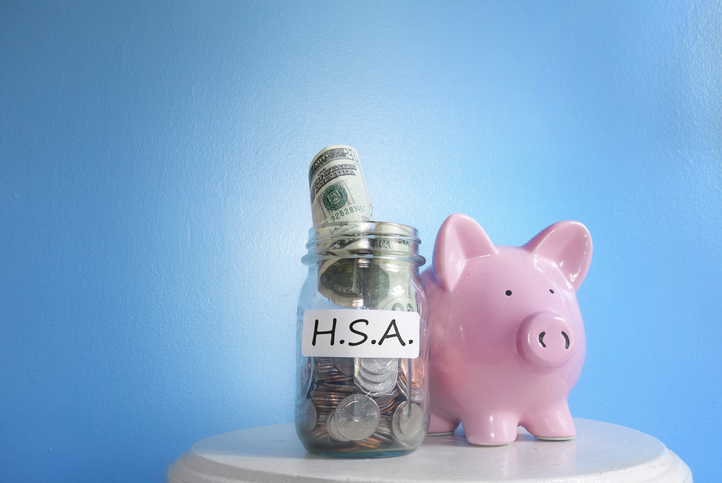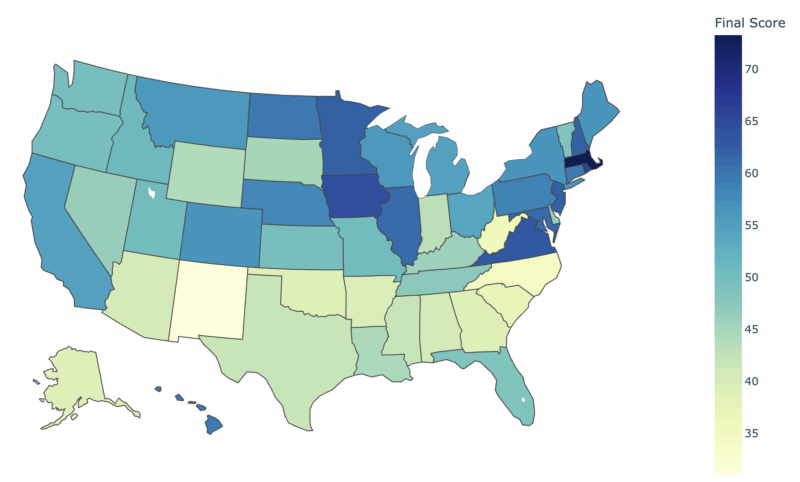Written by Sharon O'Day
HealthCare Writer
We want to help you make educated healthcare decisions. While this post may have links to lead generation forms, this won’t influence our writing. We adhere to strict editorial standards to provide the most accurate and unbiased information.
You call your pets your “fur babies,” but do you know about the everyday products that can hurt and even kill them? If you don’t, your pet might be at risk.
National Poison Prevention Week, which President Kennedy launched in 1961, was originally meant to protect children from accidental poisonings.1 The effort has since grown to include pets. The American Society for the Prevention of Cruelty to Animals (ASPCA) and the Pet Poison Helpline promote awareness and provide information to pet owners during the third full week in March. Other groups, such as the American Animal Hospital Association (AAHA), work to raise awareness all month long.
What Are the Top Animal Toxins?
According to the ASPCA’s Animal Poison Control Center (APCC), these are the toxins most responsible for poisoning pets.2
| Over-the-counter medication: OTC medication is the most common cause of pet poisoning, triggering nearly one in five calls to the APCC. Pets ingest everything from vitamins and common pain pills to herbal supplements and cold and flu medications in the 42,000 cases reported in 2019. |
| Human prescriptions: The #2 cause, with over 39,000 cases in 2019, includes everything from children’s ADHD prescriptions to antidepressants and heart medications. These daily pills are usually left out for easy human access, but that means easy pet access, too. |
| Human food: The #3 cause of pet poisoning includes common foods that animals should never eat: Xylitol sweetener (found in sugarless gum and candy), grapes, raisins, onions, garlic, protein bars and powders. They account for over 12% of APCC’s calls. |
| Chocolate: Be careful about leaving sweet treats out on Valentine’s Day, Easter, Halloween and Christmas. Chocolate is the #4 cause of pet poisoning, leading to over 60 calls a day in 2019. |
| Veterinary products: Some pet medications are flavored with beef, lamb or tuna so animals will take them. But that can make the medications too tempting to pets, and a child-proof lid won’t keep a dog from chewing into a container. Plus, pet owners sometimes misread the labels and give the wrong dose. Poisonings from these products make up one-tenth of the year’s total call volume to ASPCA’s poison control hotlines. |
| Household items: Pets can easily get to household items like paint, glue and cleaning products, some of which are poisonous. The pandemic has doubled the calls about cleaning-product poisonings as people use bleach, alcohol and other products to combat the virus.3 |
| Rodenticides: Manufacturers of rat poisons make them tasty to attract the rats. But pets find them tasty, too. Over 13,000 pets were poisoned this way in 2018.4 (These poisons kill outdoor animals, too.) |
| Insecticides: Ant baits, bug sprays, roach traps and other products poisoned over 13,000 animals in 2018.5 |
| Plants: Many indoor and outdoor plants are dangerous for pets.6 You may think of aloe as a healing plant, but it’s toxic to dogs and cats. And the lilies in your Easter bouquet can cause kidney failure in cats. |
My Pet is Poisoned. What Do I Do?
The faster you react, the better the outcome. Signs of poisoning can vary depending on the poison and type of animal, so don’t wait if you think something is wrong.
First steps
If you suspect that your pet has been exposed to a poison:7
Remove your pet from the area so the poison is out of reach.
Check how your pet is breathing and acting. Even if it seems normal, it still might have been exposed.
Avoid giving your pet any home remedies, and don’t induce vomiting.
Call your vet or a 24/7 pet poison helpline for instructions.
Calling your vet
The sooner you get professional help, the easier, cheaper and safer it will be to treat the poisoning.
If you can’t reach your vet or don’t have one, use the VetLocator tool to find one.
If you’re told to take your pet to an animal hospital, you can find a good-quality option with the AAHA-Accredited Hospital Locator.
Calling for 24/7 help
If you can’t talk to a veterinarian right away, call the ASPCA’s Animal Poison Control Center at (888) 426-4435 or Safety Call International’s Pet Poison Helpline at (855) 764-7661. A credentialed veterinary professional will guide you.
Based on the information you provide, they’ll determine if your pet can be treated and monitored at home or if you need to get to a veterinarian. You may be charged a consultation fee for calling either helpline.
What Are Some Tips to Poison-Proof My Home?
Pets are curious — smelling, tasting and eating whatever interests them. The Pet Poison Helpline offers ways to poison-proof your home. Let’s look room-by-room:8
- Living room: Make sure your plants are pet-friendly. Check fragrance sources: potpourri can cause chemical burns, and aerosols can harm caged birds. Nicotine — in cigarettes, chewing gum or patches — is poisonous. Batteries, whether loose or in a remote, can burn if chewed. And your purse or backpack can be a treasure trove of medications, cigarettes or deadly sugarless gum.
- Kitchen: Many foods meant for humans should be kept securely away from pets, as detailed on the ASPCA website. Garbage cans containing discarded poisons are also a hazard. And alcoholic beverages can be fatal.
- Bathroom: Here’s where you’ll find most of your OTC and prescription medications, often in easy reach on countertops. Never give human medications to animals. Tylenol and Advil, for example, are highly poisonous to pets. Close the bathroom door when using harsh chemicals to clean. And keep the toilet lid closed to stop Fido from drinking chemicals.
- Storage: Lock away products stored in utility rooms, like rat poisons and insecticides. Rats can shift the products around, possibly into your pet’s reach. Flea and tick products for dogs are harmful to cats. And some glues can expand in the belly, requiring surgical removal.
- Garage: Antifreeze tastes sweet to pets and can be extremely toxic. Other automotive products, like brake fluid and windshield cleaner, contain similarly toxic ingredients. Wipe up any spills immediately. Better yet, choose safer products.
- Yard and Garden: Pets are attracted to everything from fertilizers (such as bone or blood meal) to snail killers and yard insecticides. Avoid their use entirely or find the safest versions. And let commercially sprayed herbicides dry completely on your lawn before you allow your pet to run on it.
Next Steps
Awareness and education are your most powerful tools to keep your pet safe.
Make sure your home is poison-free. And add the emergency phone numbers for your veterinarian, animal hospital, and a 24/7 pet poison helpline to your contacts list, just in case.

Thank you for your feedback!








